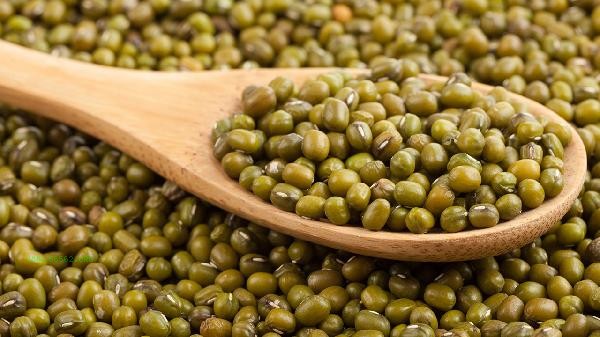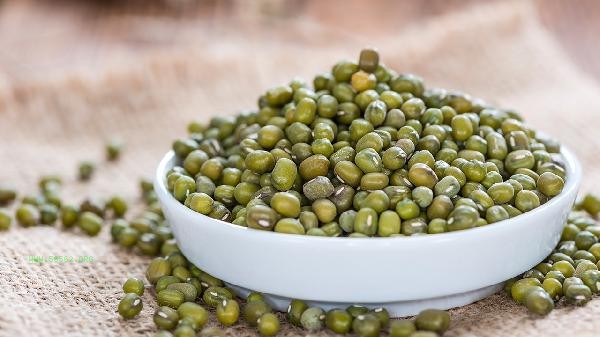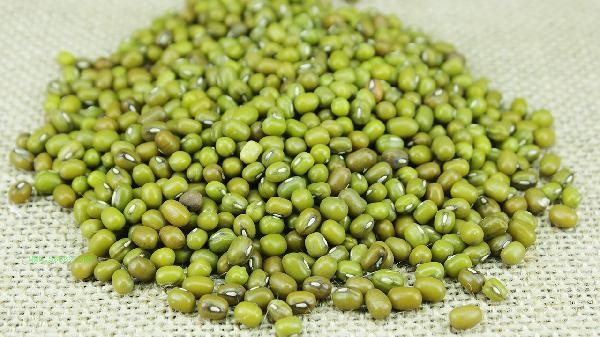Green beans still have a certain detoxifying effect after being boiled, but the effect may be weakened. The detoxification effect of mung beans mainly comes from their active ingredients, such as mung bean protein and polyphenolic substances, which may be partially lost or structurally altered after high-temperature cooking. After being boiled until tender, mung beans still retain some detoxification function, mainly due to the active ingredients in mung beans that have not been completely destroyed. Green bean protein can still bind heavy metals after moderate heating, helping to reduce the absorption of harmful substances in the intestine. Polyphenolic substances, although easily oxidized by heat, still retain a small amount of antioxidant capacity. Boiled mung beans are easier to digest and absorb, making them suitable for people with weaker gastrointestinal function. Excessive boiling of mung beans may lead to the loss of some water-soluble vitamins and antioxidants, which may compromise their detoxification effect. Long term high-temperature cooking can damage the three-dimensional structure of mung bean protein and reduce its ability to bind with toxins. Suggest controlling cooking time and avoiding repeated heating. Retain the clear part of mung bean soup, which dissolves more active ingredients. Pairing with foods rich in vitamin C can help improve the detoxification efficiency of mung beans.

It is recommended to choose fresh and plump mung beans for daily consumption, soak them for 2-3 hours before cooking to shorten the heating time. When cooking, the amount of water should be sufficient, and after the water boils, turn to low heat to maintain a slight boiling state. Can be paired with ingredients such as lilies and lotus seeds to enhance the heat clearing effect. People with spleen and stomach deficiency and cold should control their food intake and avoid overeating on an empty stomach. Special poisoning situations should be promptly treated with medical attention, and dietary therapy should not be relied upon as a substitute for professional treatment.











Comments (0)
Leave a Comment
No comments yet
Be the first to share your thoughts!